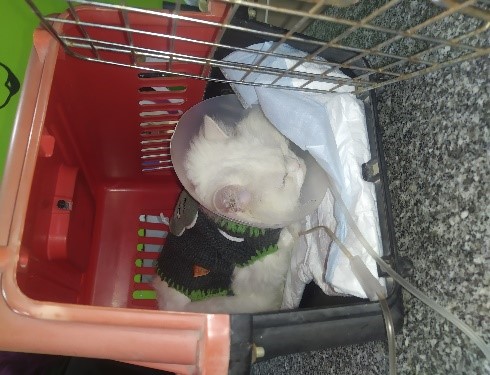
FLUTD 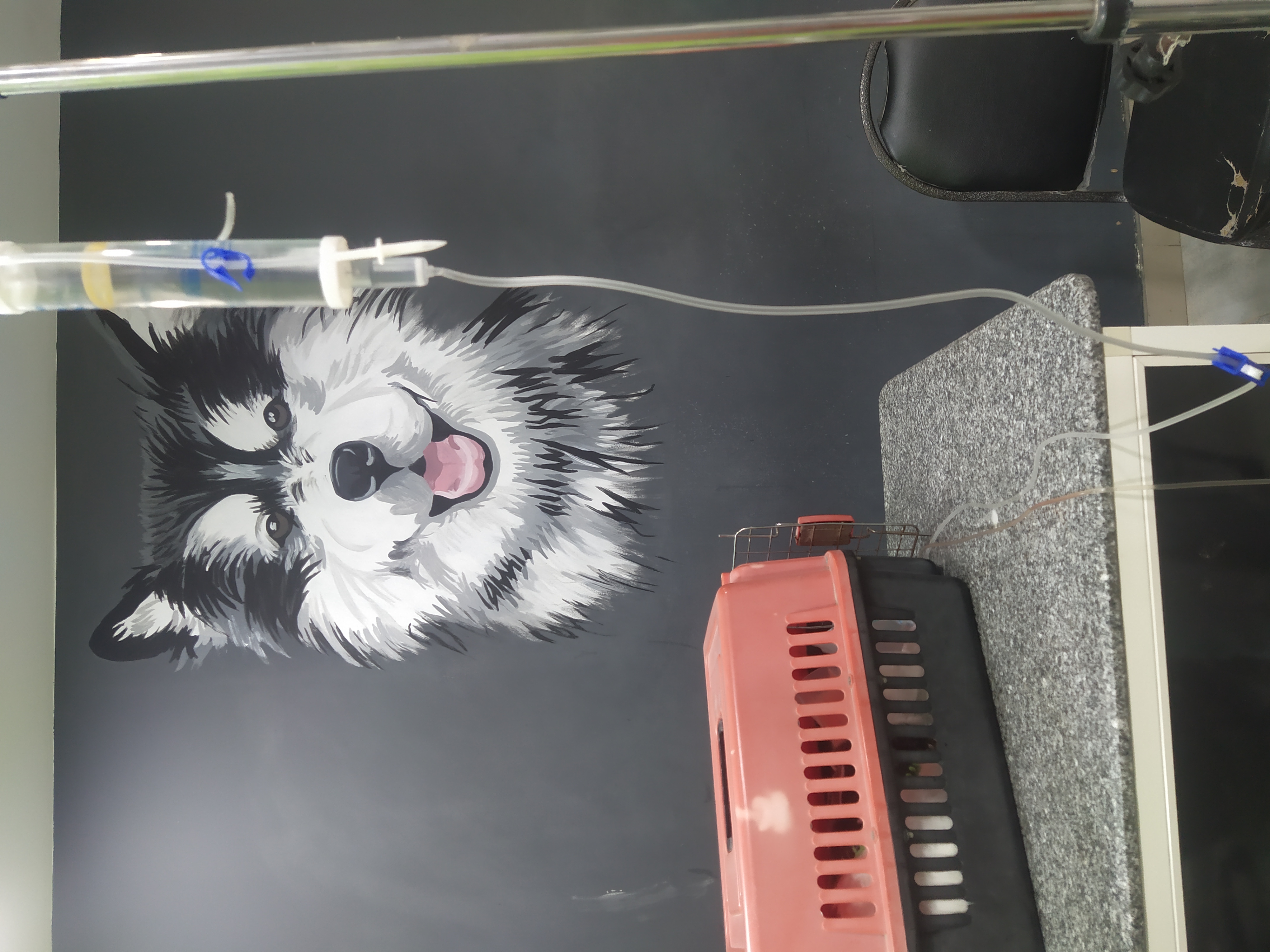
Feline Lower urinary tract disease terms to describe disorders of domestic cats characterized by hematuria, dysuria, pollakiuria, periuria, and partial or complete urethral obstruction May occur at any age, but is most commonly recognized in young to middle-aged adults (mean 3.5 years). Uncommon in cats 10 years old.
Urethral obstruction was more
prevalent in the Persian breed, 2-3 years old intact tomcats kept mostly on dry food with
occasional access to water. This affection occurred more commonly in winter
months and especially in case of aggression and stress between tom cats.
5 y old Tom cat fed on dry food and free acess of water represented with pollakiuria, strainning when urinate, Crying out while urinating, Blood in the urine, Inappropriate urination (that is, outside of the litter box), Frequent licking of the genital region, anorexia and behavioural changes.
Clinical
signs: .
·
Difficult or
painful urination
·
Increased
frequency of urination
·
Vomiting
·
Dehydration (Pale
m.m)
Physical ex:
revealed firm enlarge urinary bladder with abdominal palpation which
elicit pain and discomfort.
Cystocentesis
preformed and surpisgly show bloody urine.
Diagnostic
imaging: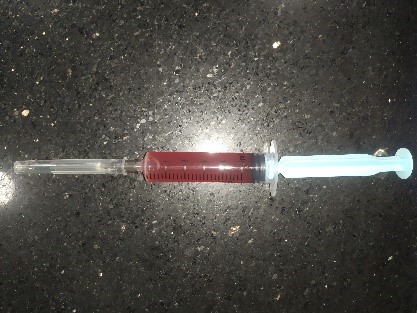
Ultrasonography revealed distended U.B with urine and free
floating sediments, sample taken with cystocentesis and sent to preform
urinalysis.
Laboratory findings:
1. Blood works: ↑ BUN& Creat. ,
↓ ionized calcium
2.
Urinalysis: 1st conc. Urine then dil., Hematuria, pyuria, ptnurea,
Struvite crystals and alkaline urine.
Treatment:
1. Urinary catheterization of the anaesthetized patient with ketamine and acepromazine for the stabilzed patient and if unstabilized use medazolam or ace + butorphanol.
2. Post obstruction diuresis: 2 way direction flushing mechanism by using I/V fluids and urinary catheter attached with collecting bag.
3.
Vitamin C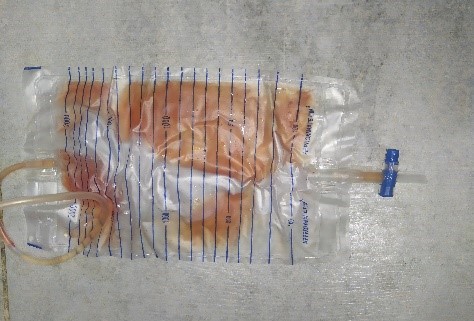
4. Bladder relaxants
5.
Dexamethasone to suppress the
inflammatory process
6. Pentosan polysulfate sodium, Sodium hyaluronate
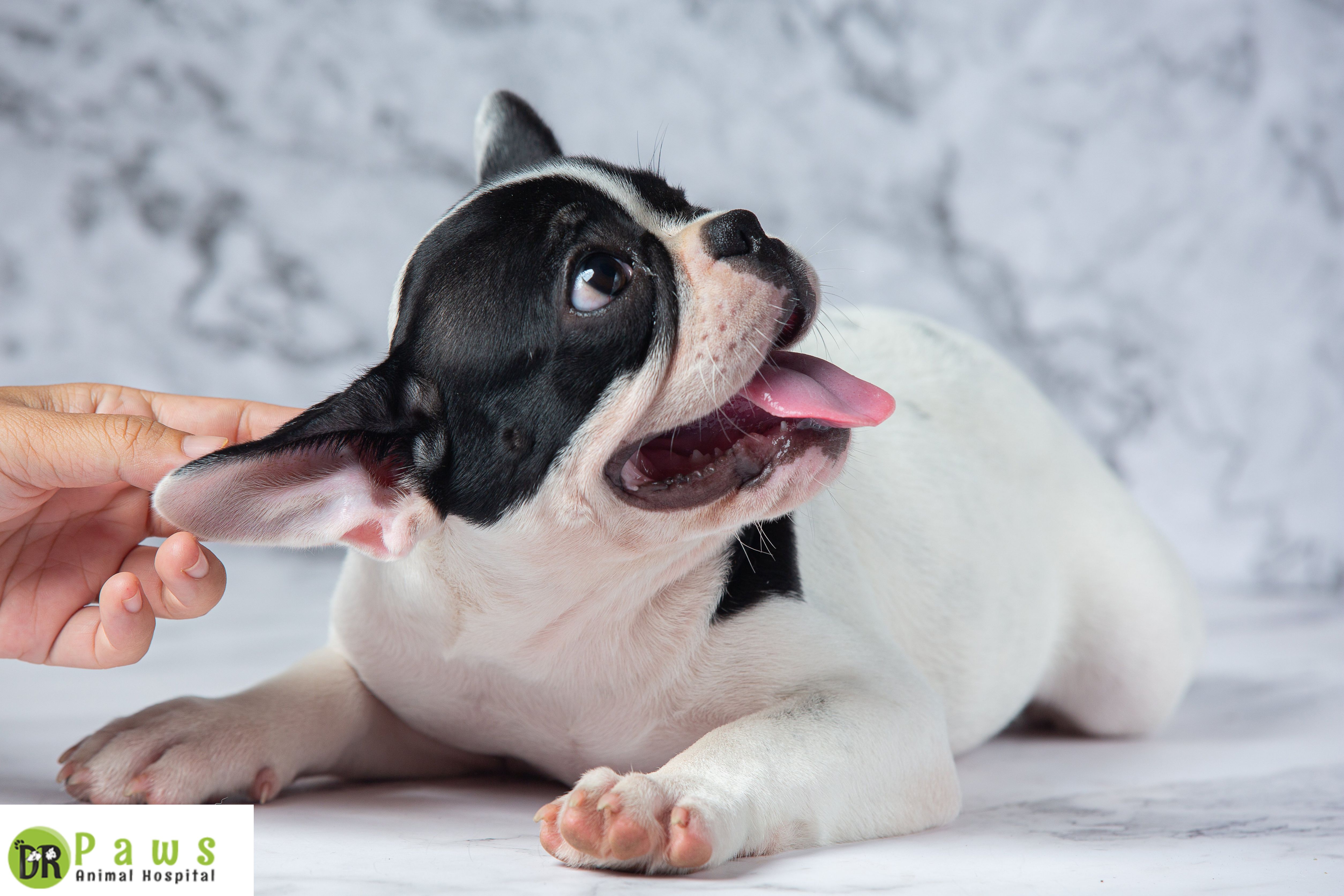
16 Sep 2024

12 Sep 2024
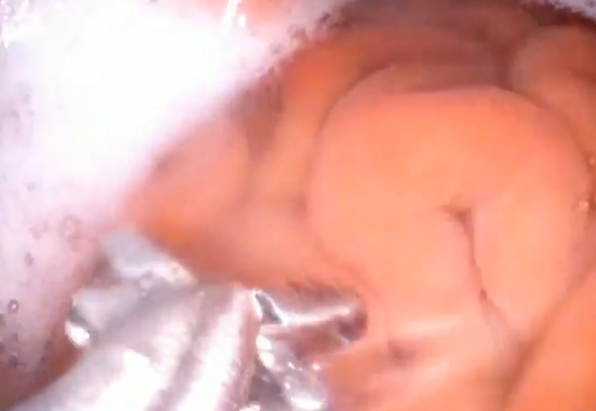
01 Sep 2024
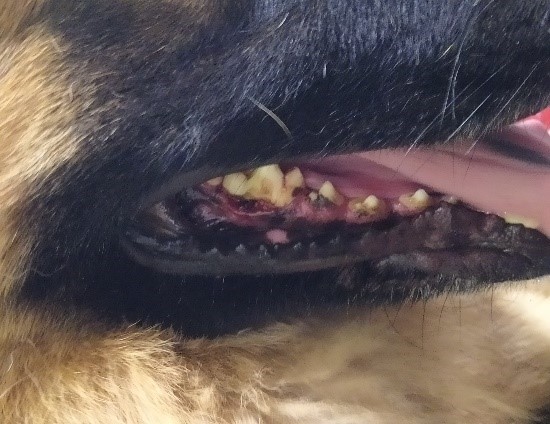
30 Aug 2024
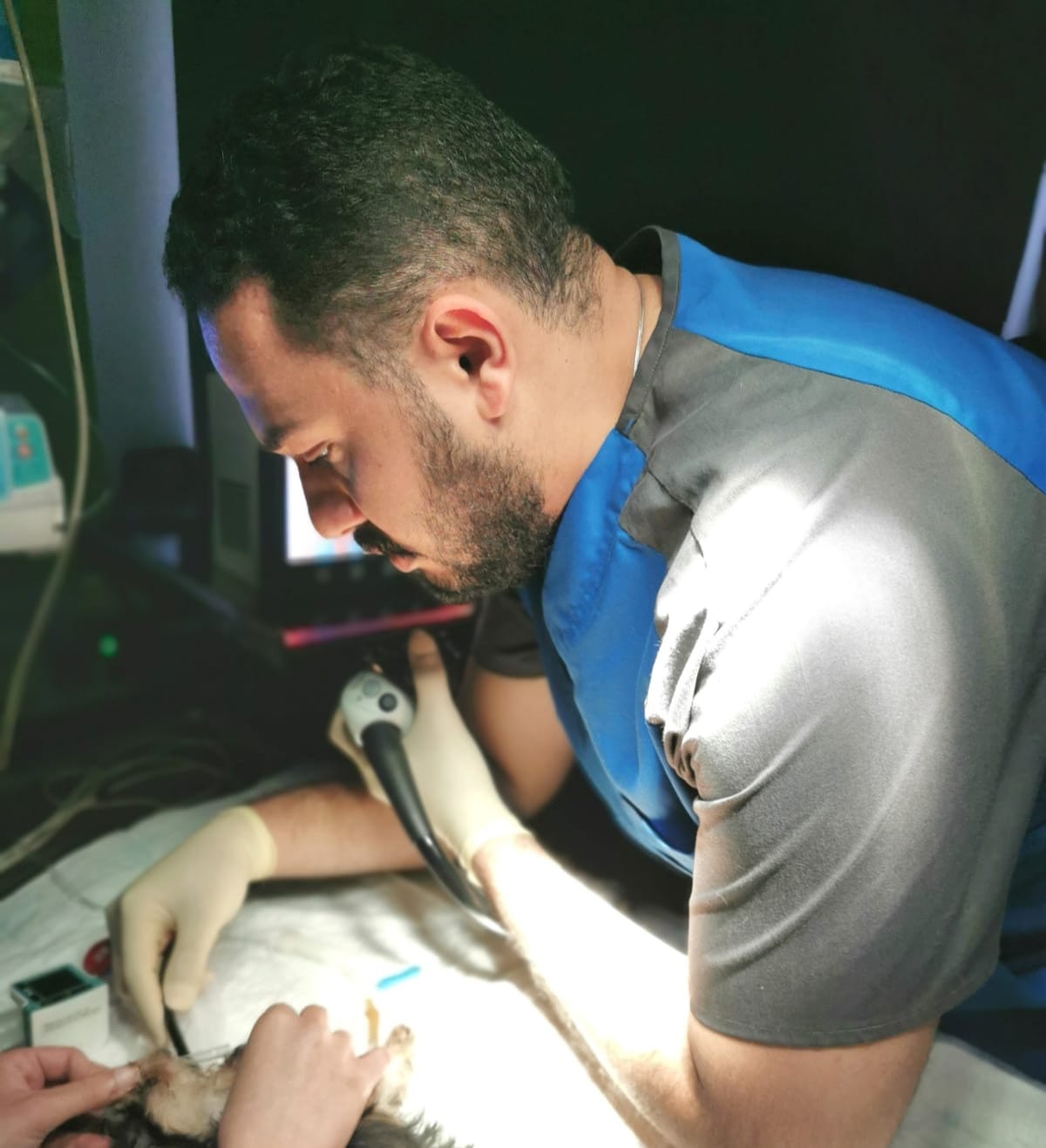
31 Jul 2024